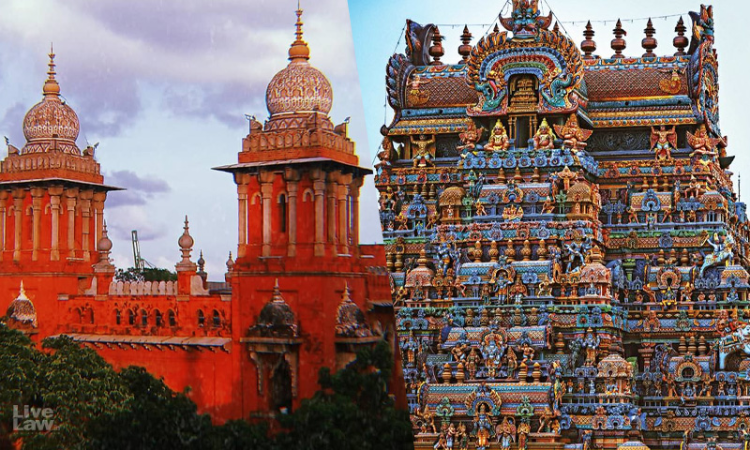'Temple Lands Shall Always Remain With Temples; Public Purpose Theory Shall Not Be Invoked Over Temple Lands' : Madras High Court
LIVELAW NEWS NETWORK
9 Jun 2021 12:48 PM IST

"The state Government or the Commissioner of the HR&CE department,shall not alienate or give away the lands contrary to the wish of the donor"
Next Story


